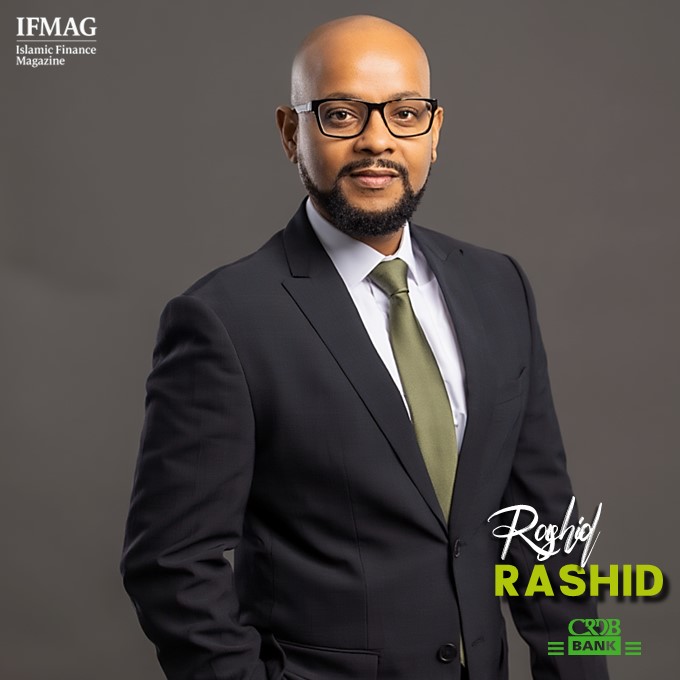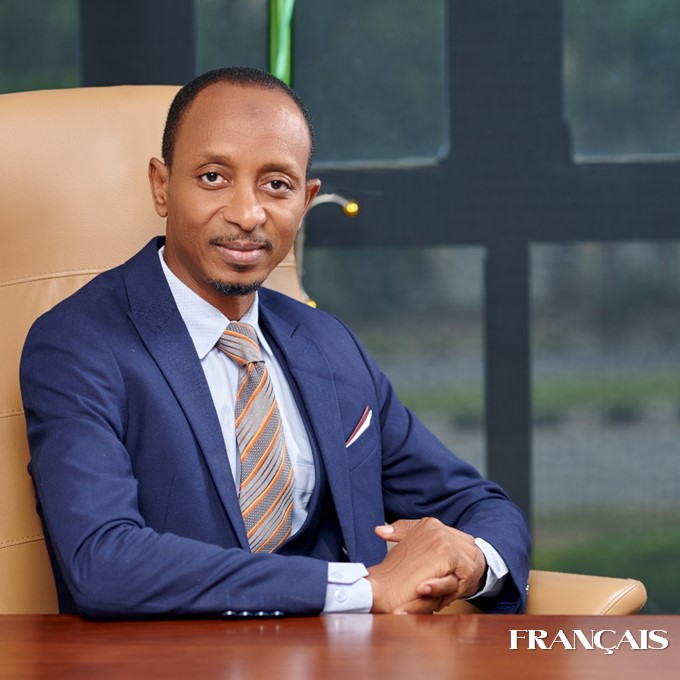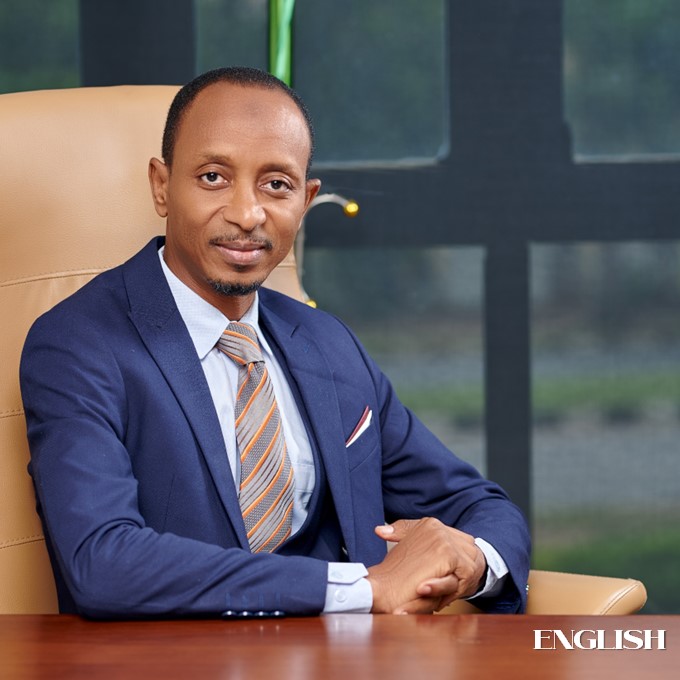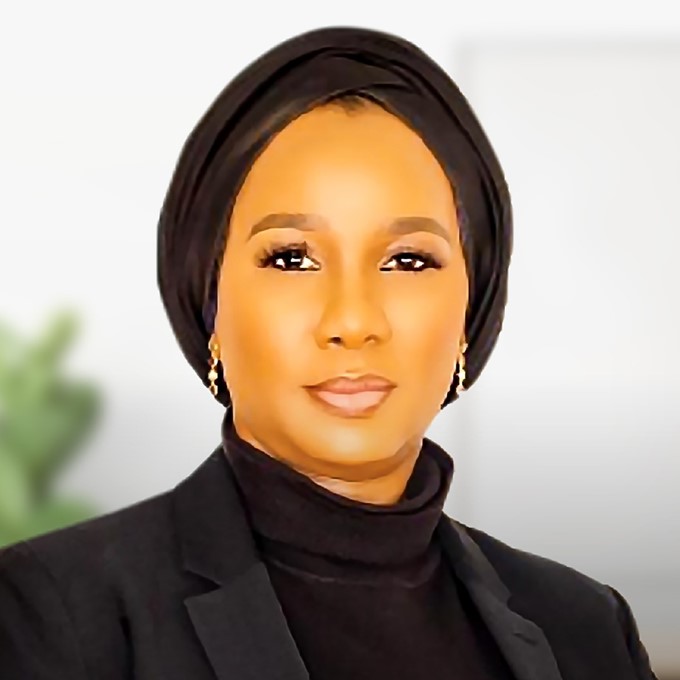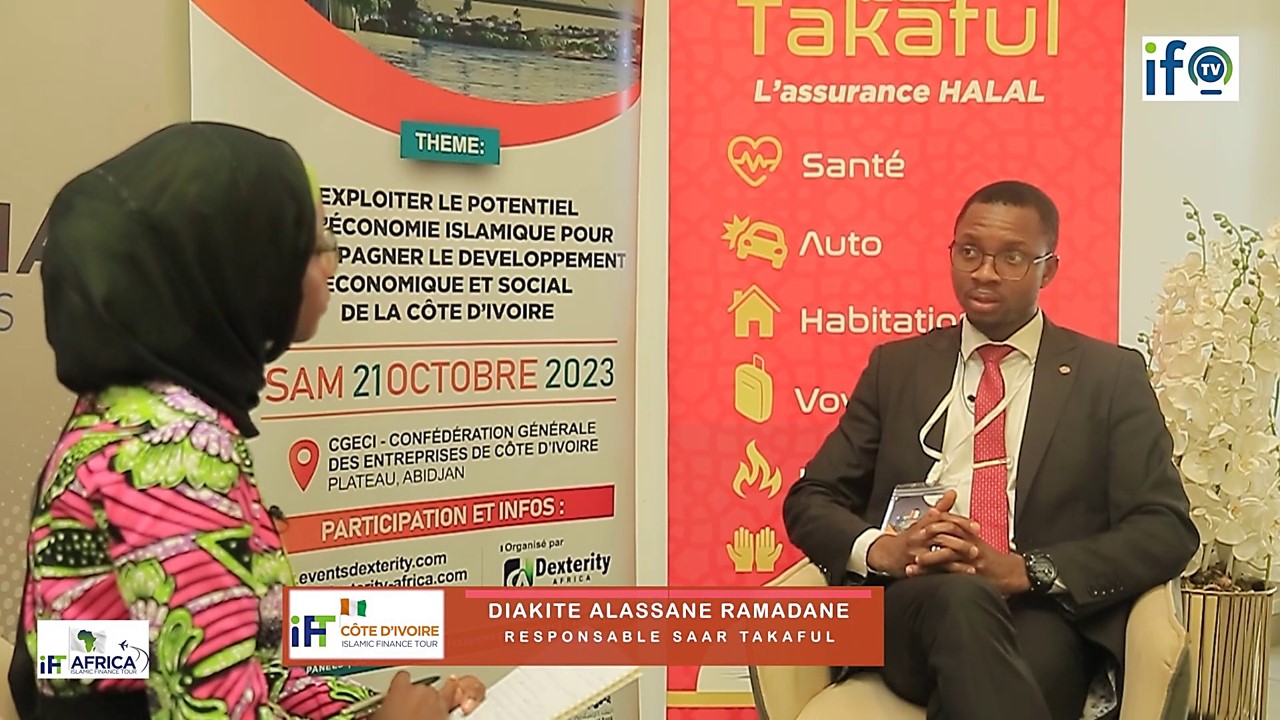On 9 August 2025, CRDB Bank officially launched Tanzania’s first corporate sukuk under its Al Barakah Islamic banking window — a milestone that shifts Islamic finance in the country from concept to execution. For the first time, Shariah-sensitive investors have access to a structured capital markets instrument, while the wider financial sector witnesses the possibility of building depth, inclusion, and regional connectivity.
In this exclusive conversation with IFMAG, Mr. Rashid Rashid, Head of Islamic Banking at CRDB, explains the strategy, structure, market reception, regulatory landscape, and the broader vision for Tanzania and East Africa. His answers, candid and often passionate, reveal both the technical mechanics and the spirit of this initiative.
### STRATEGIC INTENT BEHIND THE SUKUK
IFMAG: CRDB has just launched Tanzania’s first corporate sukuk. What strategic gap were you aiming to fill, and how does it reflect CRDB’s vision?
R.R: From a strategic point of view, the sukuk initiative embraces our core purpose as a bank — to improve and transform livelihoods for our community. By issuing this sukuk, Al Barakah banking is offering an investment avenue to Shariah-sensitive customers who were previously excluded from the other conventional bonds that have been trending in the market.
In return, the funds are also being used to finance halal and Shariah-compliant projects and business ventures. These projects are not just economic abstractions — they create jobs, expand employment opportunities, and fuel the wider economy through tax collection. So essentially, we are covering a gap: inclusion and opportunity. In the next three years, we see CRDB’s Islamic banking division growing significantly, but also the wider Islamic finance sector flourishing because we have now triggered it. The regulator is also looking at bringing in a full regulatory framework, and once that happens, Islamic banking will become mainstream in Tanzania.
### STRUCTURE AND SHARIAH INTEGRITY
IFMAG: Why did you choose this particular sukuk structure, and how does it guarantee Shariah compliance?
R.R: Thank you for that question. This is an Ijarah Sukuk. We decided that this structure would be the most workable for our market at this stage. We took consideration of existing Central bank regulations, Accounting standards, Sukuk guidelines that were issued by Capital Markets and Security Authority of Tanzania (CMSA), global Shariah standards and industry practices and respectively with the approval of our Shariah Advisory Board; we identified some of the bank’s assets and pledged them to be sold to sukuk subscribers as usufruct assets. Then, because we are using the same assets on our daily operations supporting Al barakah Banking, we leased them back. That way, in return we pay the subscribers rental with proceeds from CRDB Al barakah bunking business, which makes it simple to provide a fixed profit in the form of rental back to our customers.
Furthermore, In Tanzania, as a bank, we cannot form a Special Purpose Vehicle (SPV). So we had to come up with the closest possible structure within regulation while adhering to shariah compliance. To make this work, CRDB Capital Markets — which operates under its own license and firewall — acted as trustee for our customers on behalf of CRDB Bank, via the Al Barakah Banking window. This way, the integrity of the structure and Shariah compliance are preserved. It has been fully approved as such via our Shariah Advisory Board and CMSA.
### MARKET RECEPTION AND ANCHOR INVESTORS
IFMAG: Who invested in this inaugural sukuk?
R.R: We have had the leverage of attracting strong anchor investors. CRDB is the leading bank in Tanzania, so when we came up with the Al Barakah Sukuk, it naturally drew attention. Our main anchor investor was British International Investment (BII), a UK-based institution that has long-term confidence in Tanzania’s economic outlook. They saw the sukuk not just as an instrument but as a sign of our country’s growth story and efforts into financial inclusion and empowering communities at large.
We also welcomed the Iman Fund, a Shariah-compliant investment fund in Tanzania, which committed a good-sized amount. From Zanzibar, where the population is 99% Muslim, government entities also showed strong interest. Beyond these, corporates and many individuals participated. We are seeing not only institutional confidence but also retail-level enthusiasm and mass participation, which really is the cornerstone of our objective.
### LESSONS LEARNED AND ROADMAP
IFMAG: What lessons have emerged from this issuance, and what comes next?
R.R: It has only been few weeks since the launch, and we are already learning a lot. The first lesson is that demand is strong — stronger than we expected. The second lesson is about awareness. Many people still ask: what is sukuk? Some even think it is restricted to Muslims. We are working quickly to clarify that sukuk is open to anyone who wants to invest. It is about ethical finance, not religious exclusivity.
Looking ahead, we see this first sukuk as a learning ground. The future is much brighter. Based on the appetite, we expect to float larger sukuk, and in time, even seek international listings. Our roadmap for the next three years is clear: continue to raise awareness, expand issuance size, and strengthen market infrastructure. This is just the beginning.
### REGIONAL POSITIONING
IFMAG: How does this sukuk position Tanzania within East Africa’s Islamic finance landscape?
R.R: The East African market is gradually taking shape in embracing Islamic banking. Each country has its own starting point. Kenya already has multiple Islamic banks and some guiding regulations. Uganda introduced regulations recently, even before operators entered. Rwanda is also moving in this direction. Burundi has a bank with an Islamic window. Tanzania, interestingly, took a more aggressive approach t — we started with operations first, and now the regulations are catching up in different angles.
We are also leveraging expertise from developed regions, especially the GCC, which is far ahead in Islamic banking. What has happened in Tanzania and Kenya inspired Uganda to act, and now Rwanda is also motivated while Burundi has already joined. So we are essentially motivating one another. I believe we are all propelling in the right direction, and Tanzania is part of a regional story of growth.
### REGULATION AND TAX NEUTRALITY
IFMAG: Tax treatment is often a hurdle for Islamic finance. How has Tanzania addressed this?
R.R: You are right. In the early days, Murabaha was the widely used contract, and it triggered many tax complications because of the buying and selling involved. But due to the growth of Islamic finance, it became necessary for the government to step in. In 2022, Tanzania amended its tax law to recognize Islamic banking as an alternative form of financing. This was a turning point, because it meant Islamic finance would not be disadvantaged compared to conventional banking when it comes to tax treatment.
Today, we operate with tax neutrality, without fear of double taxation. And we are very appreciative of our government, which has been instrumental in creating a supportive environment for financial innovation. Their leadership has ensured that whenever challenges appear, solutions are unlocked. This shows a very deliberate effort to let Islamic finance grow as per customer demands and ongoing financial innovations overall.
### DIFFERENTIATION OF CRDB AL BARAKAH
IFMAG: CRDB Al Barakah was recognized as Best Islamic Bank in Tanzania. What sets you apart?
R.R:Yes, thank you. CRDB is already the leading bank in Tanzania, and when it decided to embrace Islamic banking, it signaled leadership. In less than four years, Al Barakah has achieved remarkable growth: we now have over 350,000 customers, Shariah-compliant deposits of more than USD 115 million, and a financing book of nearly USD 110 million. These funds are spread across key sectors — agriculture, trade, transport, and even healthcare to name a few.
We also aligned our growth with digital innovation. Customers can open an Islamic banking account instantly from a mobile phone. All solutions available under conventional banking are mirrored under Al Barakah, from financing to diaspora accounts. In fact, we launched a special Tanzanite Account for our diaspora community. On top of this, we offer unique faith-based solutions like Sadaka (Charity) account and Hajj and Umrah financing. We also partnered with the Government of Zanzibar to provide solutions for small-scale farmers and fisheries. Even this Al Barakah Sukuk, you can subscribe seamlessly via our award winning mobile app, i.e Simbanking app. This breadth, innovation and inclusiveness are what set us apart.
### BOTTLENECKS AND CONSTRAINTS
IFMAG: What are the main challenges facing Islamic finance in Tanzania?
R.R: The most obvious is regulatory. We do not yet have a full central bank framework for Islamic banking. We also lack an Islamic interbank money market, which poses liquidity risks, especially for fully-fledged Islamic banks. In takaful, regulation requires operators to be fully-fledged — windows are not allowed — which means high capital requirements. This limits entry into the market.
The other bottleneck is awareness. This is common in many countries. The more awareness we create, the more traction we see. The good news is that in Tanzania, most of the regulations that touch Islamic finance were issued in the last 24 to 36 months. This shows the government’s willingness to support. We often say, “grass grows where the soil is fertile.” Tanzania is proving to be fertile ground for Banking in general and respectively Islamic finance as well.
### FUTURE OUTLOOK
IFMAG: Looking ahead, what does the future hold for Islamic finance in Tanzania?
R.R: Islamic banking in Tanzania started around 2008. Growth was marginal at first, and for more than a decade it was stagnant. But when CRDB, the largest bank in the country, entered the Islamic banking sector, the narrative has changed and continue to change. Regulations began to appear, awareness increased, and growth is becaming sharp.
In just three to four years, we have seen more progress than in the previous dozen years. Now, everyone is pushing forward, and even other banks are waking up. We see a very bright future. In the next three to five years, Islamic banking will not just be present — it will be mainstream. More banks will join, more products will appear, and the Tanzanian market will stand out as a hub for East Africa. CRDB Bank and its entire leadership is proud to take part in this financial sector wider growth.
### CLOSING REFLECTION
Last word, I would just say thank you for allowing me the time to share what is happening in Tanzania. Islamic banking here has gone through a long journey, but today it is accelerating. CRDB’s entry has unlocked awareness and growth. The story is still being written, but the future is bright. Tanzania is ready to be a leader in Islamic finance in Africa.
